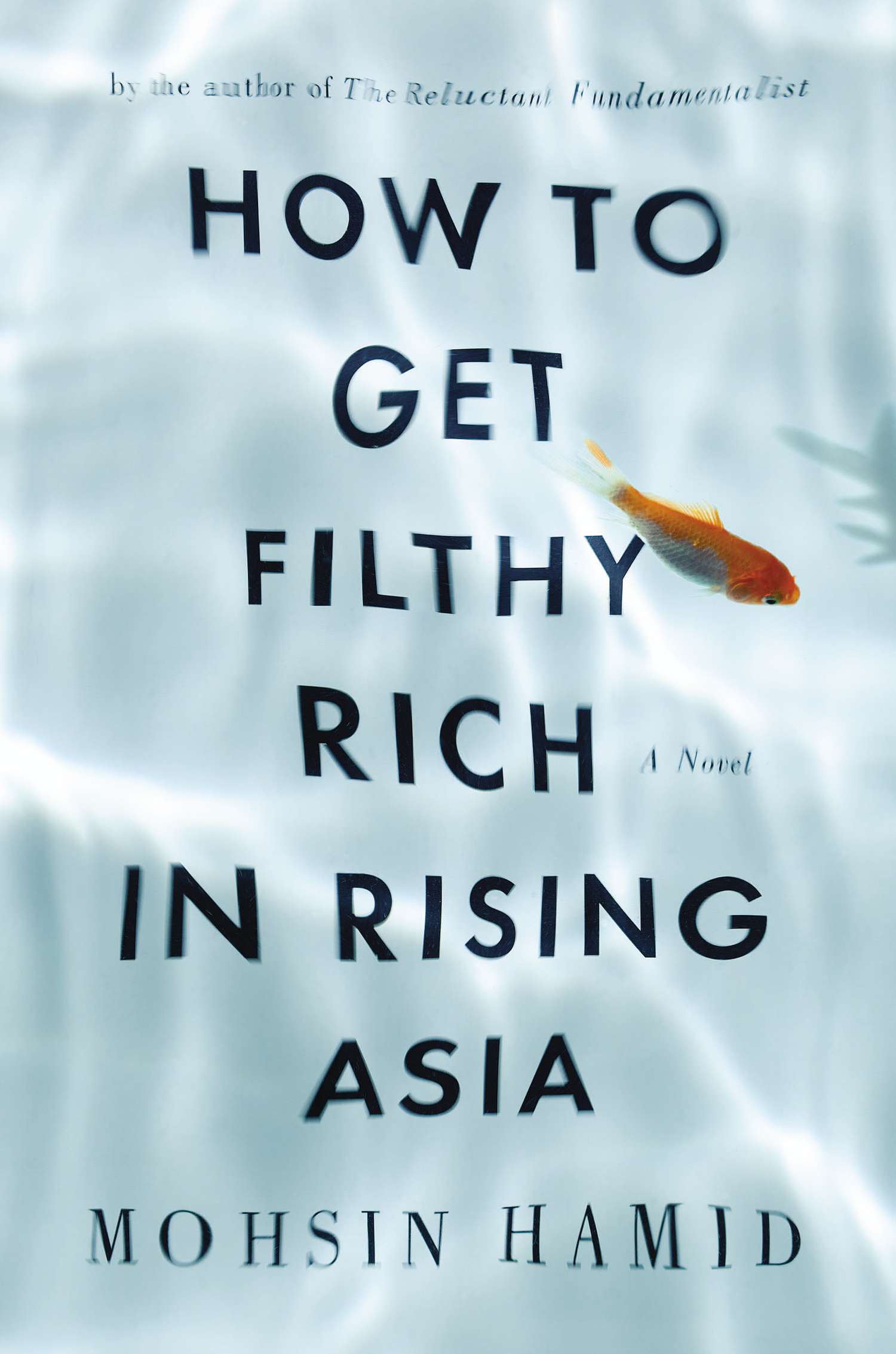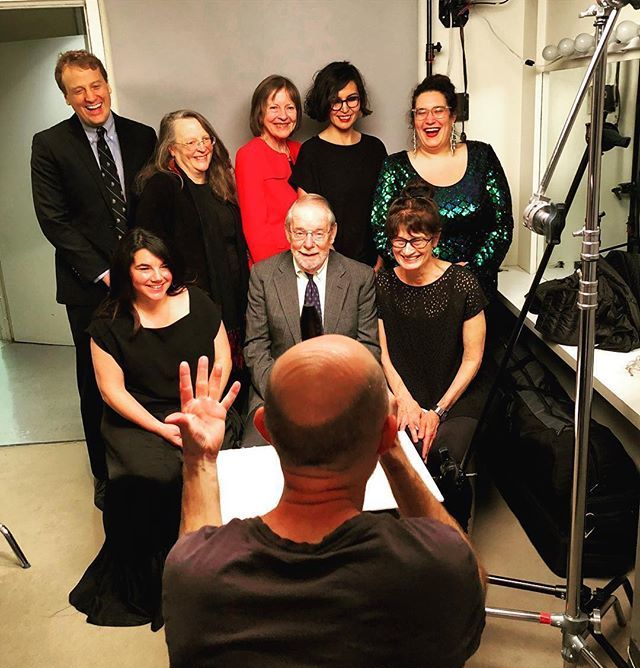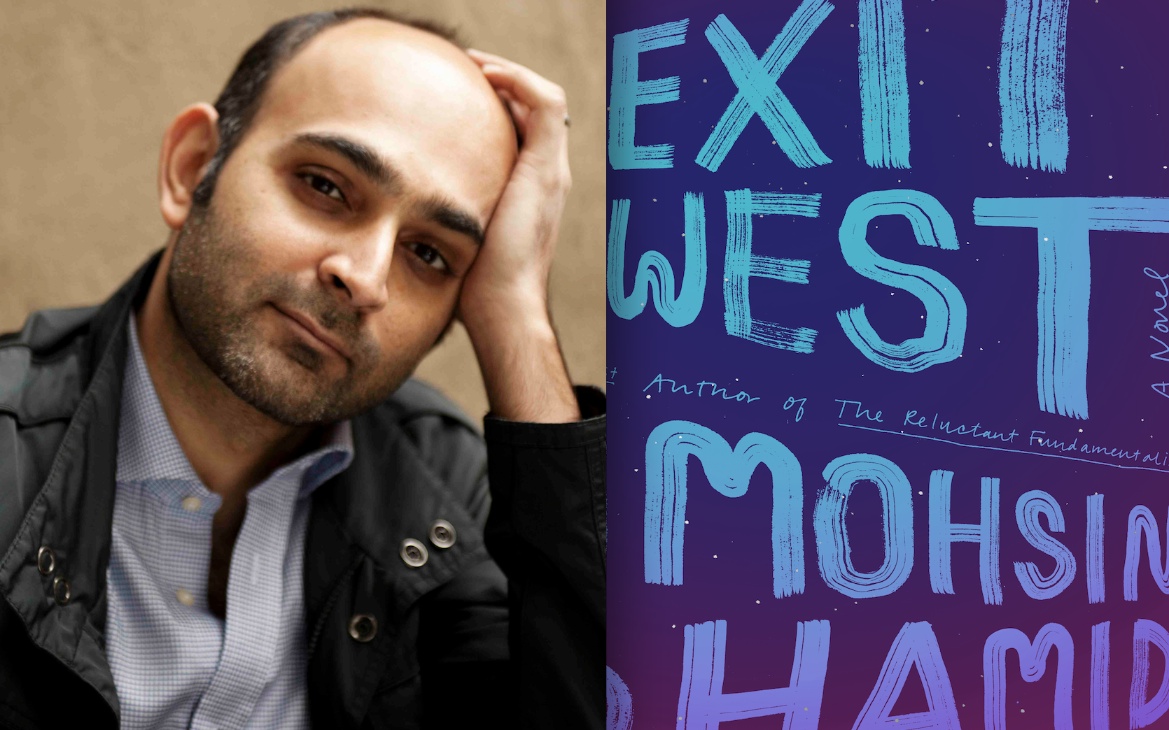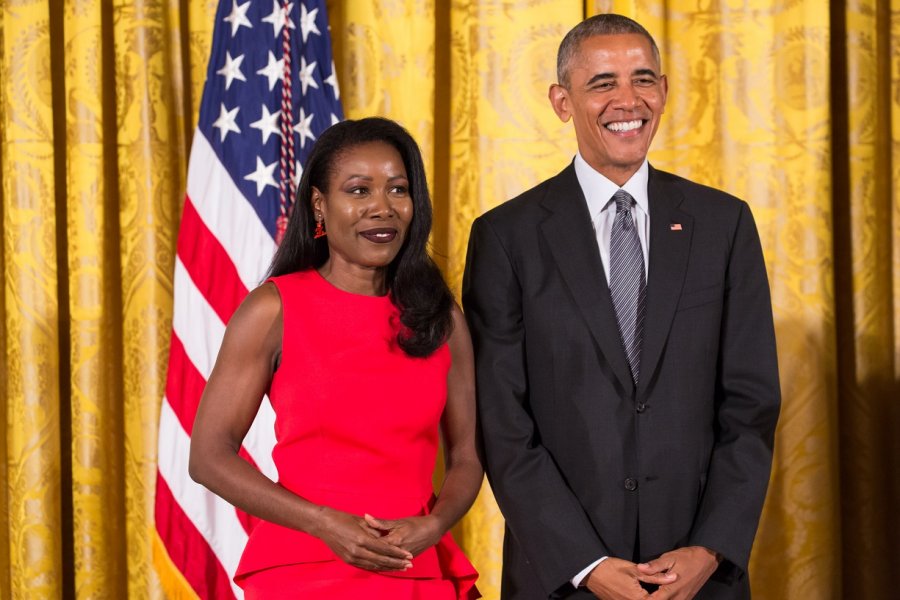Somewhere, a canny business professor may be plotting to put Mohsin Hamid’s astringent new novel into an MBA course. It would be a brilliant move.
Not because the advice it contains is revelatory — “Get an Education” and “Work for Yourself” are actual chapter headings — but because Hamid’s tight, mesmerizing story raises the thorny questions that cluster around the bloom of wealth. Indeed, readers will detect a whiff on cultural criticism in the eight words of the new book’s title.
As it opens, “How To Get Filthy Rich in Rising Asia” poses as a self-help book. Following this convention, it addresses the reader as “you.” The text finds you as a small boy “huddled, shivering, on the packed earth under your mother’s cot one cold, dewy morning.” This is because you are weak, your eyes yellow with hepatitis E, and your family’s fortunes turn on your health. When you recover, your parents decide to move to the city, the first step on your trajectory toward riches.
You don’t get a name, nor does the city, nor does the nation, although Time magazine has decided it’s Pakistan. That will no doubt amuse Hamid, who won the Anisfield-Wolf Book Award in 2008 for his hypnotic novel, “The Reluctant Fundamentalist.” The author grew up partly in the United States, and partly in Lahore. Yet in interviews around “The Reluctant Fundamentalist,” Hamid observed that he was sometimes asked if he was a version of the title character, never the American listening across a cafe table to that character’s story.
Like “The Reluctant Fundamentalist,” Hamid’s new novel is taut and smart and subversive. Each of the 12 chapters starts with a playful verbal squall about self-help. “Distasteful though it may be,” begins chapter seven, “it was inevitable in a self-help book such as this, that we would eventually find ourselves broaching the topic of violence. Becoming filthy rich requires a degree of unsqueamishness, whether in rising Asia or anywhere else.”
Hamid is echoing French novelist Honore de Balzac’s riff that “behind every great fortune there is a great crime.” This idea helped animate F. Scott Fitzgerald’s “The Great Gatsby,” and like Gatsby, the protagonist in Hamid’s new novel longs for an unattainable woman. Here she is just called “the pretty girl.” Despite such fable-like distancing, Hamid manages the significant trick of seducing his readers to care about these characters, even as he toys with our expectations for a rags-to-riches story.
So dear “you” first moves around his new town on a bicycle, then a motorcycle, then in a rebuilt truck. As the conveyances become more luxurious, the commentary becomes more pointed, and Hamid’s pleasurable light touch fades. By the time “you” has become a water industrialist, you are keeping company with “four pump-action-shotgun-wielding security guards” and “the aquifer below the city is plummeting and becoming more contaminated every year, poisonous chemicals and biological toxins seeping into it like adulterants into a heroin junkie’s collapsing vein.”
Clearly, Hamid can write. His is a confident, confiding prose. But underneath, as in “The Reluctant Fundamentalist,” a quiet fury gathers. The reader travels these pages fueled by dread. Capitalism may have won the globe’s embrace, but becoming rich is still filthy work. Importantly, reading this latest Mohsin Hamid novel is no work at all. May it work its subversive way into the curriculum of business schools everywhere.



